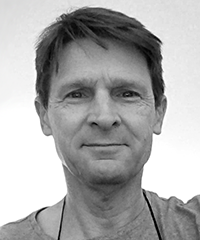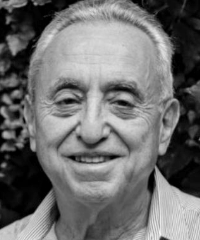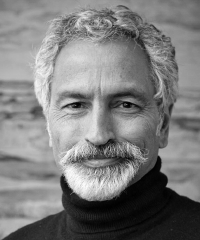
DENISE CARDO. EUA
Dr. Denise Cardo is the director of the Division of Healthcare Quality Promotion (DHQP), National Center for Emerging and Zoonotic Infectious Diseases, Centers for Disease Control and Prevention (CDC). Dr. Cardo joined CDC in 1993 as a medical epidemiologist and, after holding several leadership positions in DHQP, she was selected as division director in 2003. Dr. Cardo leads CDC activities to prevent infections and antimicrobial resistance in healthcare settings, sepsis, and to promote healthcare safety. She has been involved in several CDC responses to emerging infection threats, including to COVID-19. In addition, she has served as CDC Acting Deputy Director for Surveillance, Epi and Lab systems (OSELS) and as CDC Acting Deputy Director for Infectious Diseases (DDID).
Prior to joining CDC, she had a distinguished career in the division of infectious diseases at one of Brazil’s prestigious medical institutions, Escola Paulista de Medicina, where she received her medical degree, completed her residency and fellowship, and joined the faculty as associated professor of infectious diseases. She also did a sabbatical at the Hospital Epidemiology Program, University of Tennessee, Memphis.
Dr. Cardo has been involved in healthcare epidemiology and infection prevention for several decades and is internationally recognized as an expert and leader in the area. Her interests include patient safety, prevention of healthcare-associated infections, antimicrobial resistance, sepsis, and public health-healthcare interactions to promote health. She is the author of several research and reviewed papers including book chapters and has received several awards for her work.

JON IREDELL. AUSTRALIA
Jon Iredell is an Australian physician and microbiologist based at Westmead Hospital and the University of Sydney. His research group works on infections in the critically ill and in antimicrobial resistance and has been continuously funded by the Australia’s National Health and Medical Research Council for more than 15 years.
Recent work in the laboratory has focused on new solutions for antimicrobial resistant infections, including plasmid displacement approaches and bacteriophage therapy. In this session, he will describe the development of Australia’s national initiative in bacteriophage therapy and how that country hopes to introduce this ancient cure into the modern pharmacopoiea.

PEDRO CAHN. ARGENTINA
Pedro Cahn has been working in infectious diseases for more than 35 years and has been involved in the HIV/AIDS arena since 1982. He is a Senior Consultant in Infectious Diseases at the Juan Fernandez Hospital and is Director of the Huésped Foundation, Buenos Aires, Argentina (the largest non-government organisation in Argentina, serving patients with, and at risk of, HIV/AIDS). Dr Cahn is Professor of Infectious Diseases at the Buenos Aires University Medical School.
Dr Cahn is a past President of the International AIDS Society (IAS), and also an external advisor for the Joint United Nations Programme on HIV/AIDS (UNAIDS), the World Health Organization (WHO), the Pan American Health Organization (PAHO), UNITAID, and Doctors without Borders, as well as a member of the antiretroviral guidelines panel for the WHO and a former member of the International Antiviral Society–USA (IAS–USA).ARV guidelines committee.
He has published more than 200 peer-reviewed papers and book chapters.
Regarding the CoVID-19 pandemic he serves as external advisor for the Ministry of Health in Argentina.
As Scientific Director at Fundación Huésped, he served as PI for the CoVID-19 vaccines projects (ENSEMBLE-J&J, Sinopharm and CanSino).

VIKRAM MISRA. CANADA
I am a professor of Microbiology at the Western College of Veterinary Medicine with an associate appointment in the Department of Biochemistry, Microbiology and Immunology in the Faculty of Medicine. I had also been tasked with guiding the One Health initiatives at the University of Saskatchewan.
I came to the University of Saskatchewan after obtaining my PhD from the University of British Columbia and post-doctoral fellowships at UBC and McGill University. My research interests have also been guided by sabbatical experiences with Dr Michael Smith at UBC, the Marie Curie Institute, UK, and the Canadian National Microbiology Laboratory.
My research group has broad interests but the projects we work on have a common thread – studying how stress influences the delicate balance between viruses and their hosts.
We have examined how herpesviruses co-opt stress response and repair pathways in their hosts to establish long term latent infections, as well as to reactivate when the host is stressed.
My research group has found several viruses in our common Canadian bats. This allows us the unique opportunity to examine how stressors influence the relationships between bats and viruses they have coevolved with, and to test hypotheses developed from field observations in controlled laboratory experiments.
BILJANA CAREVIC – SERVIA
JEAN NACHEGA – EUA
LIDIA MORAWSKA – AUSTRÁLIA
